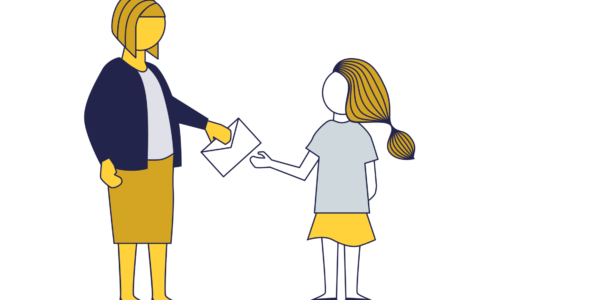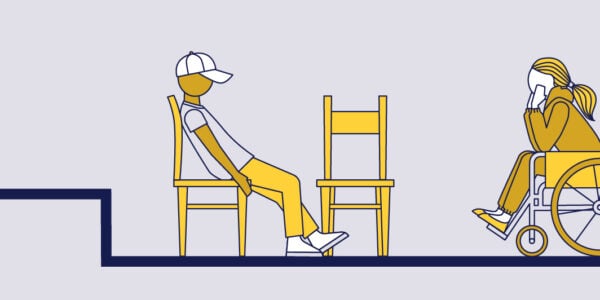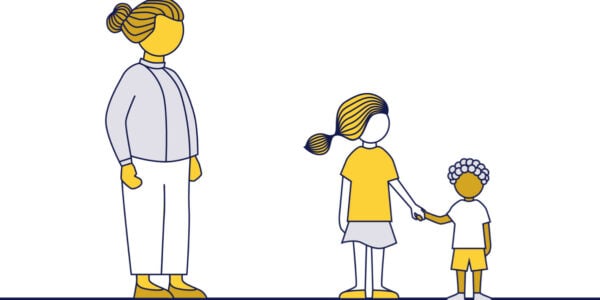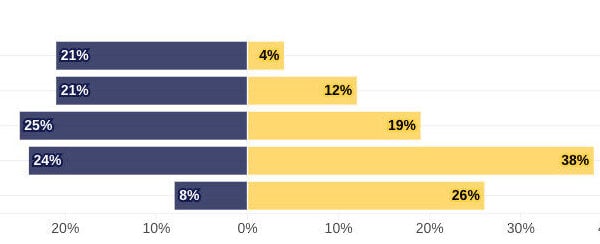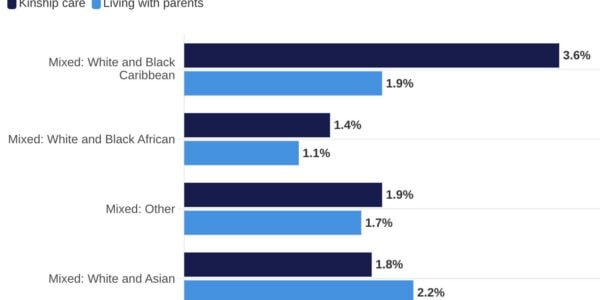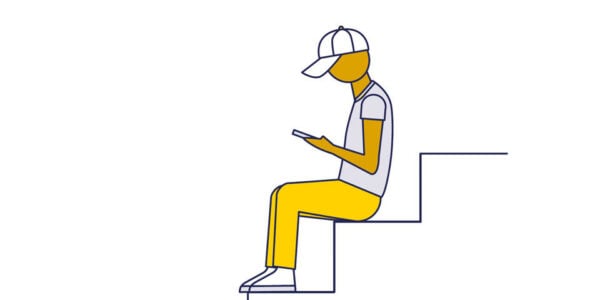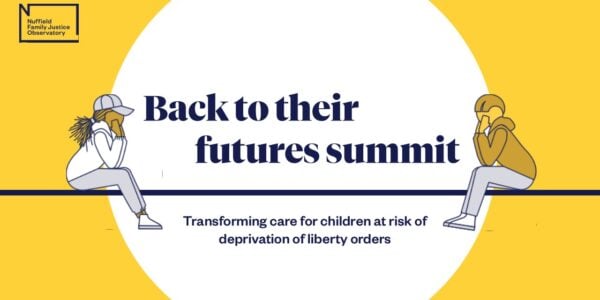The use of a last resort High Court measure which allows children to be placed under severe restrictions because of concerns about their welfare has been used to deprive 1,249 children of their liberty in England and Wales in the year to June 2023.
Data from the first 12 months of the national deprivation of liberty court, at the Royal Courts of Justice, collected and published by Nuffield Family Justice Observatory (Nuffield FJO), has been used to paint the first accurate picture of what is happening to vulnerable children subject to deprivation of liberty (DoL) orders, who are living with severe restrictions on their day-to-day freedoms. While almost 60% were aged 15 or over, a small but significant number of applications (9.3%) were for children under 13.
Children in England and Wales can be deprived of their liberty for welfare reasons (risks to their safety or that of others). If a place cannot be found for them in a secure children’s home or mental health facility the High Court can use the powers under its inherent jurisdiction to deprive them of their liberty in an unregulated placement. Intended only as a last resort, these children don’t appear in published administrative data or records. Using data from Cafcass (England) Nuffield FJO previously reported a 462% increase in in the number of children subject to DoL orders in the three years to 2020/21.
According to Nuffield FJO analysis of the first 12 months of data from the new DoL court, almost all of the children were subject to constant supervision, often by more than one adult, and the use of restraint was permitted in more than two-thirds of cases. DoL orders are intended as a temporary measure, however more than two thirds of children deprived of their liberty in the first two months of the court (July and August 2022) were still subject to a DoL order almost six months later. The average distance that children were placed away from home was 56.3 miles.
An increase in the number of older children coming into care, a reduction in the number of children placed in youth custody, the closure of secure children’s homes, and falling numbers of inpatient child mental health beds have all likely contributed to the increase in DoL orders. As has an increased awareness among local authorities about the need to apply to the court for permission to restrict the liberty of children. But there is also some evidence that the needs of children referred to secure children’s homes have become more complex, and homes are struggling to meet these needs and keep children safe.
Analysis of 208 detailed files from the court showed that almost all children (96.6%) were already in care at the time of the DoL application. During their time in care, more than half of children had experienced the breakdown of multiple placements. In the majority of cases (62.3%) children were reported to have experienced ongoing exposure to issues in the family home, including neglect, abuse, parental substance misuse, and other adversities throughout their lives – the actual number is likely to be far higher.
In order to better meet the needs of children being deprived of their liberty, Nuffield FJO research shows that significant changes are required to ways of working as well as to the type, availability and provision of services. In order to support the change needed, it has developed five principles of care in collaboration with a panel of leading academics.

